‘Pseudo reconciliation’ talk is cheap in our most vulnerable communities
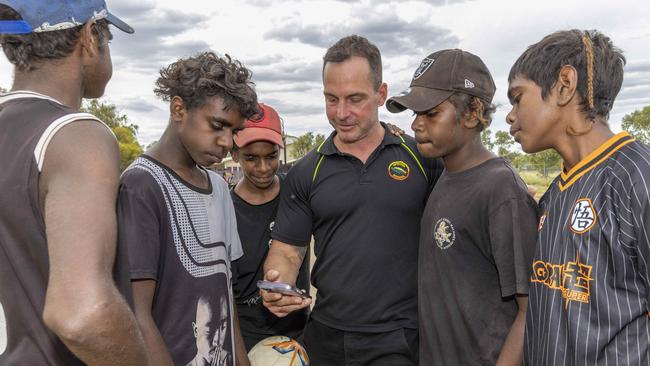
I had been with the student for hours, trying to reach a family member who wasn’t drunk or who cared enough to turn up to the hospital. For a school principal in a community with a large Indigenous population, meeting the needs of the students and their families across more than a dozen town camps surrounding Alice Springs often involves responding to shocking events such as this.
Even a brief glimpse into the dire living conditions of some of our students shows overcrowding, lack of food security, little or broken sleep, issues with alcohol and other substances are common across Indigenous families.

Often basic needs simply are not met. Most Australians wouldn’t believe this level of disadvantage and poverty exists in our nation, and would feel ashamed if they saw it first-hand.
It’s clear nothing can be done to solve these issues unless we’re listening to the community. The reality is that our best intentions and all the prioritising reforms are not finding grassroots traction or addressing the central problems.
This includes something as simple as delivering food and other basic provisions into town camp communities so kids can meet a basic living standard. My six-year-old Yipirinya student is only one example.
The problems are deeply rooted and made more challenging by the long history of dispossession that haunts remote communities and towns such as Alice.
What we’re dealing with at night are the resilient zombies of this dispossession, with children wandering unsupervised; trying to stay safe on one hand, but getting in harm’s way on the other. Kids who walk the streets “day-breaking” and stealing buses, who can’t go home because uncle is knocking on their bedroom door, continue to feel the intergenerational impact.
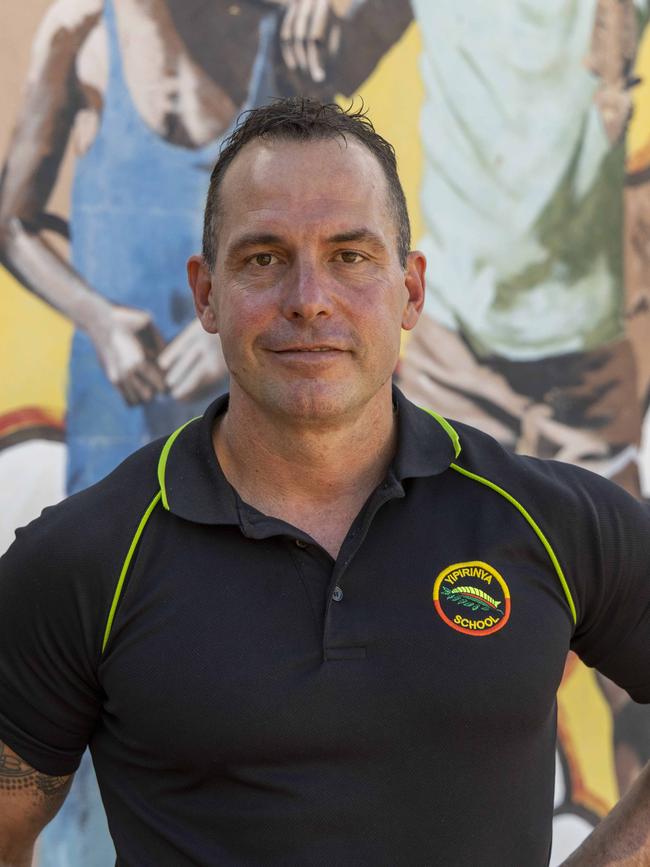
The recent upsurge in violence and criminal behaviour that has festered since late 2021 and reached its apogee during the Alice Springs summer drew the eyes of the nation and the world.
It showed police weren’t coping with the sheer volume of incidents, and calls were made to bring in the army to secure order under martial law. This began to have echoes of the 2007 intervention, making many in the community nervous. Safety, shelter and security were needed to meet the kids on the streets – some of these were Yipirinya students.
What is to be done? At a local level, we want to build a boarding facility on the site of the school to shelter students in desperate need. But even this straightforward proposal has been kicked around at different levels of government, and our school has been turned into a factional political football.
During the 1990s the Daly River community in the Northern Territory provided a political example of self-determination and self-governance. Scores of homes were built by community members, as well as infrastructure works and other large-scale projects, all of which were led by a community that fostered pride and a sense of individual responsibility and collective purpose.
But living in this area, 10 years later, I witnessed the slow disintegration of this community as government policies swept through like the regular flooding of the Daly River, with one round of failed policies and initiatives after another. The community became caught in the cross-currents of changing government, bureaucracy and shallow power plays.
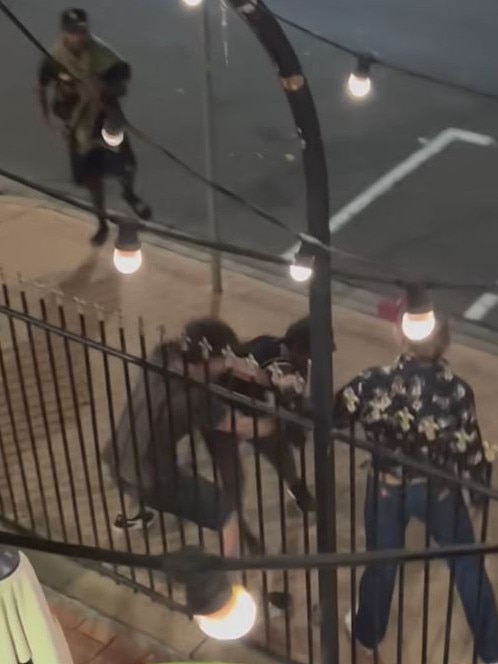
Now, strong leaders are advocating for an Indigenous voice to parliament, an iteration of many previous bodies such as the Aboriginal and Torres Strait Islander Commission, which have tried in similar ways to effect change. Aboriginal organisations that control billions of dollars in funding purport to speak and act on behalf of Aboriginal communities, yet this money does not seem to flow through to the students and families who need it most.
If there is a national mechanism that can adequately hear and support this by delivering change for individuals and families in our town camps and remote communities, then a resounding Yes driven by real action with heart should be endorsed.
Will this voice proposal simply be another layer of bureaucracy for our community to navigate? Will it offer a genuine mechanism for change or will it simply be a tokenistic invitation to speak about our attempts at achieving pseudo reconciliation? I do not know. But I do know the gap between what is promised and what is delivered is a growing chasm.
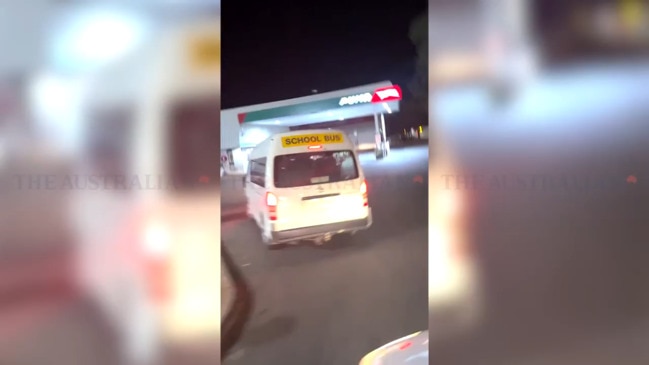
We have been here before, and our elders and communities have had enough. We seek urgent support for solutions that exist in our community, that respond to the needs of our nation’s most vulnerable people, who have been relegated to the margins too often. In my experience the people who live in these communities do not have the interest, energy or privilege that allows participation in a national debate where there are few details about how change on the ground will be prosecuted.
We desperately want generational change and seek tangible efforts to ensure Indigenous children are given the contemporary education they deserve while holding on to their ancient culture and traditions. Our students at Yipirinya are bright and full of the spirit that connects them to their past. Whatever trauma, deficits or gaps we choose to measure these children by, or impose on them, needs to be superseded by a change in narrative and real grassroots action on housing, health and education.
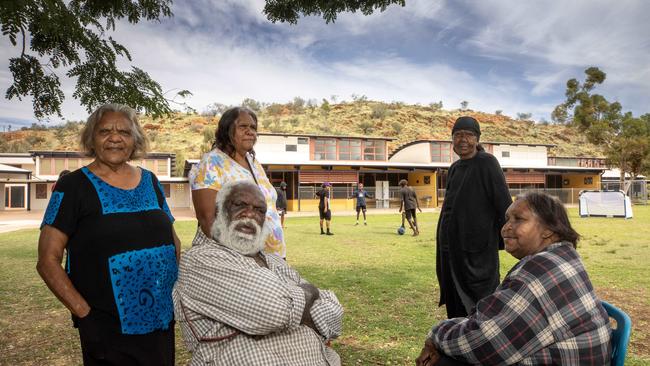
I see our community’s extraordinary strengths, honour their creative genius and their mastery of ancient languages. But I also see the daily struggles of our Indigenous students and young people. If we seek true change, then it must be about addressing their basic needs and allowing them the chance to experience the childhoods they deserve and that we would expect in a prosperous country such as Australia.
Gavin Morris is principal of Yipirinya School and a council member of the Alice Springs Town Council.


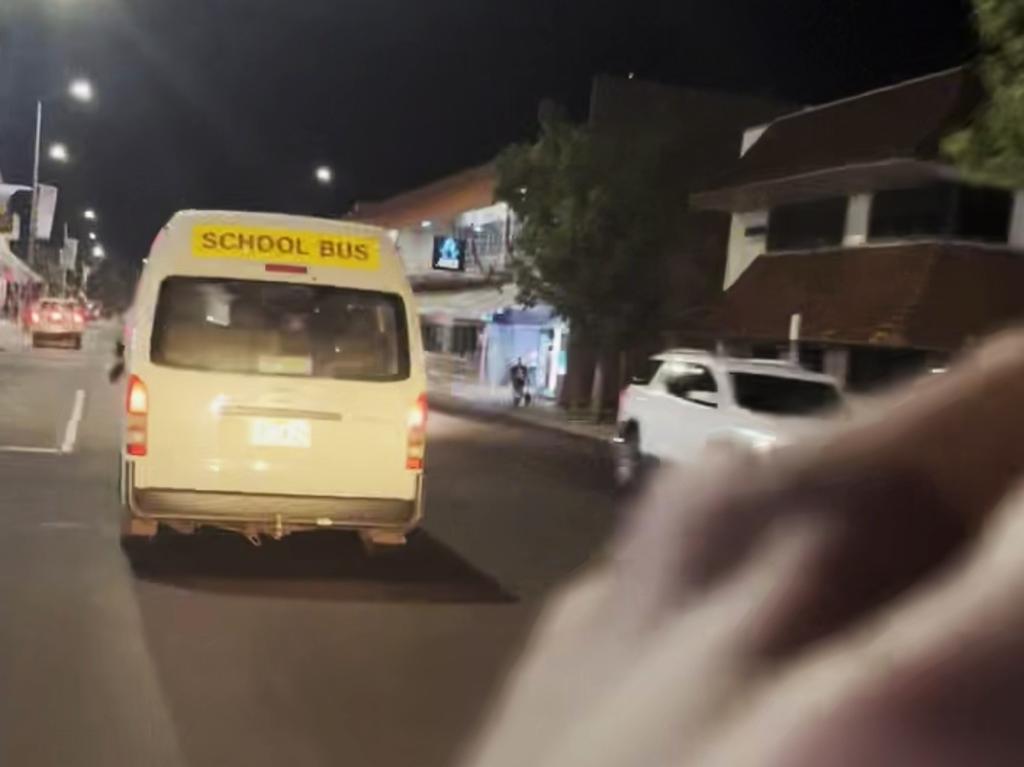




Last year, shortly after I moved to Alice Springs to become principal at Yipirinya School, I found myself in the hospital’s emergency department with a six-year-old student who had attempted suicide.